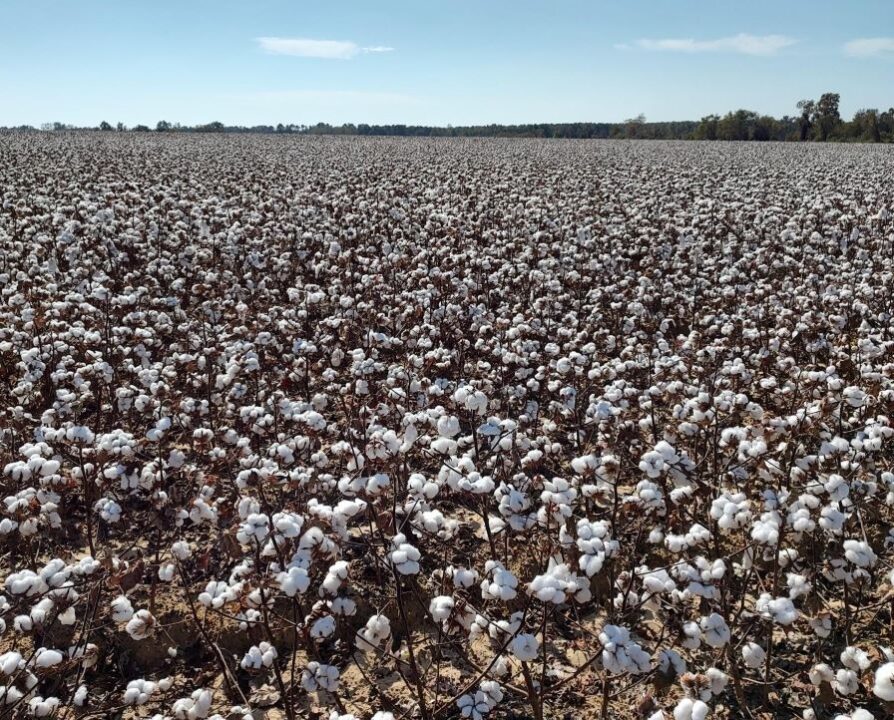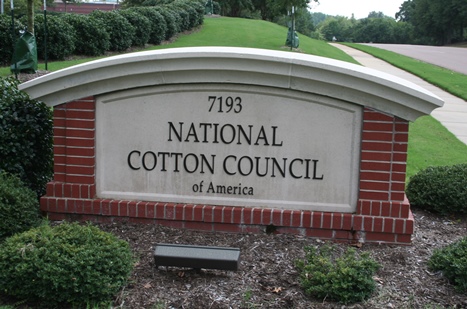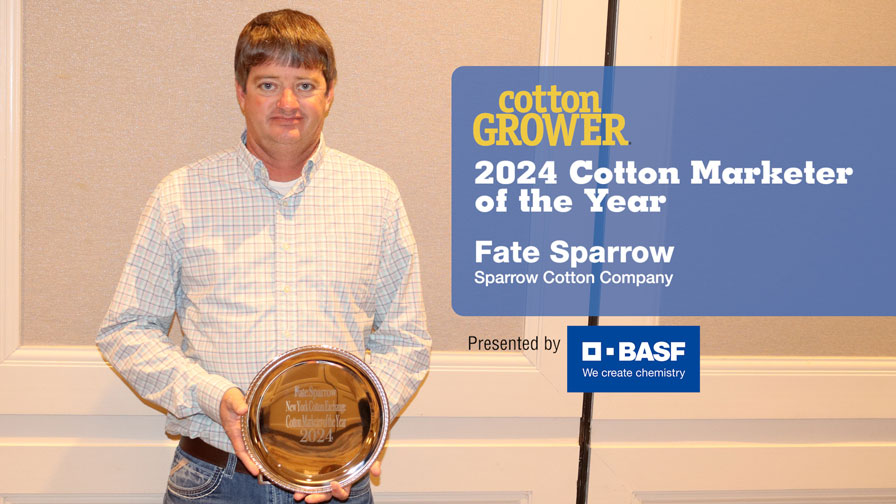Time to Spread the Good Word
It has occurred to me, in the days since the Cotton International Global Summit ended on 22 March, that one way to know you had a good event is that you have more work to do when it’s over, rather than less. It seems a little counterintuitive, so I will explain.
Cotton’s impact on the environment is a topic that’s garnered a lot of press in recent years. Sometimes the criticism is warranted, but just as often, this natural fiber is unjustly attacked and misrepresented by people with their own agendas. That’s why the second Plenary Session at the Global Summit didn’t focus only on reality, but on perception as well. If consumers abandon cotton because they believe it is harmful to the environment, it’s another bit of market share lost – even if that belief is based on “information” that is completely wrong.
At the end of that session, I realized that there is a glaring need to get the mainstream press more interested in Cotton Incorporated’s groundbreaking Life Cycle Assessment (LCA) of cotton, as well as the positive efforts many other organizations and companies around the world are taking to improve cotton.
Kater Hake, vice president of agricultural and environmental research at Cotton Incorporated, was one of the speakers in that session, and when it was over, I asked him if the mainstream media had shown as much interest in the LCA as he’d hoped. After all, it took a truly massive amount of work, effort, and research to produce, and since it represented the impact of cotton in a rigorously unbiased and scientific light, one might expect that the media would have picked up on the story.
Sadly, the media wasn’t as eager to spread the positives about cotton as it was to paint our natural fiber as the villain.
I had similar discussions with the other speakers on that panel, Leon Picon of Orta Anadolu in Turkey (he spoke about the Better Cotton Initiative) and Allan Williams (with Australia’s Cotton Research and Development Corp.). Like Kater, they too lamented the fact that bad news about cotton always seemed to grab bigger headlines than the incredible work they and others are doing to make cotton more environmentally friendly.
As a result, this is an area that I will be paying particular attention to in the future. People need to know that cotton production and processing is making great strides to improve, but that’s an area where my colleagues in the mainstream media have really dropped the ball. There’s no shortage of stories trumpeting the negatives about cotton, so why isn’t there widely adopted coverage of the tremendous improvements the industry has made?
It might be sad but true that most consumers pay more attention to the negative stories than they do the positive ones. But part of the mainstream media’s job is to make people aware, and they haven’t done that very effectively when it comes to cotton’s gains in sustainability and impact on the environment.
A quick Internet search for “cotton’s impact on the environment” brings up page after page of articles, columns and blog entries that deride cotton for using too much water and too many chemical inputs. Sadly, that’s the old news. The newer information about the improvements being made is much more difficult to find.
While the 2013 Cotton International Global Summit was a success by any measure, that doesn’t mean the attendees’ work and responsibilities ceased when the event wrapped up on 22 March. People like Kater, Allan, and Leon will go back to their “day jobs” of improving and documenting the environmental improvement cotton makes.
And I will push even harder to ensure that their efforts, and those of thousands of other cotton and textile professionals around the world, get the visibility they are due not just in the pages of Cotton International, but in the mainstream media as well.
Your suggestions are welcome, so if you come across a positive, cotton-related story that needs to be told, please don’t hesitate to let me know by commenting below, sending me an email, or posting your comments on the Cotton International Facebook page.









